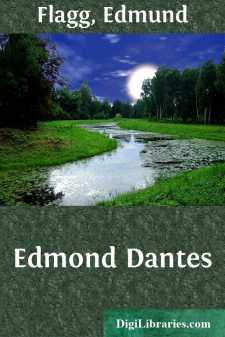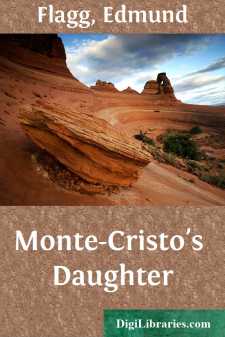Categories
- Antiques & Collectibles 13
- Architecture 36
- Art 48
- Bibles 22
- Biography & Autobiography 816
- Body, Mind & Spirit 145
- Business & Economics 28
- Children's Books 17
- Children's Fiction 14
- Computers 4
- Cooking 94
- Crafts & Hobbies 4
- Drama 346
- Education 58
- Family & Relationships 59
- Fiction 11834
- Foreign Language Study 3
- Games 19
- Gardening 17
- Health & Fitness 34
- History 1378
- House & Home 1
- Humor 147
- Juvenile Fiction 1873
- Juvenile Nonfiction 202
- Language Arts & Disciplines 89
- Law 16
- Literary Collections 686
- Literary Criticism 179
- Mathematics 13
- Medical 41
- Music 40
- Nature 179
- Non-Classifiable 1768
- Performing Arts 7
- Periodicals 1453
- Philosophy 66
- Photography 2
- Poetry 897
- Political Science 203
- Psychology 45
- Reference 154
- Religion 516
- Science 126
- Self-Help 85
- Social Science 82
- Sports & Recreation 34
- Study Aids 3
- Technology & Engineering 59
- Transportation 23
- Travel 463
- True Crime 29
Edmund Flagg
Edmund Flagg (1815–1890) was an American diplomat, journalist, and author known for his contributions to American literature and international diplomacy. He wrote several works of fiction, history, and travel, including "Venice: The City of the Sea" and "The Far West." Flagg also served as a U.S. consul in various European cities during his career, which influenced much of his writing. In addition to his books, he contributed articles to newspapers and journals, showcasing his wide-ranging interests in politics, culture, and history.
Author's Books:
Sort by:
by:
Edmund Flagg
CHAPTER I. STORM AND SHIPWRECK. The Count of Monte-Cristo, with the beautiful Haydée clinging lovingly about his neck, her head pillowed upon his shoulder, stood on the deck of his superb yacht, the Alcyon, gazing at the fast-vanishing isle where he had left Maximilian Morrel and Valentine de Villefort. It was just daybreak, but by the faint glimmering light he could plainly distinguish the figures of...
more...
by:
Edmund Flagg
CHAPTER I. MONTE-CRISTO AND THE PRIMA DONNA. The Count of Monte-Cristo was in Rome. He had hired one of the numerous private palaces, the Palazzo Costi, situated on a broad thoroughfare near the point where the Ponte St. Angelo connects Rome proper with that transtiberine suburb known as the Leonine City or Trastavere. The impecunious Roman nobility were ever ready to let their palaces to titled...
more...



